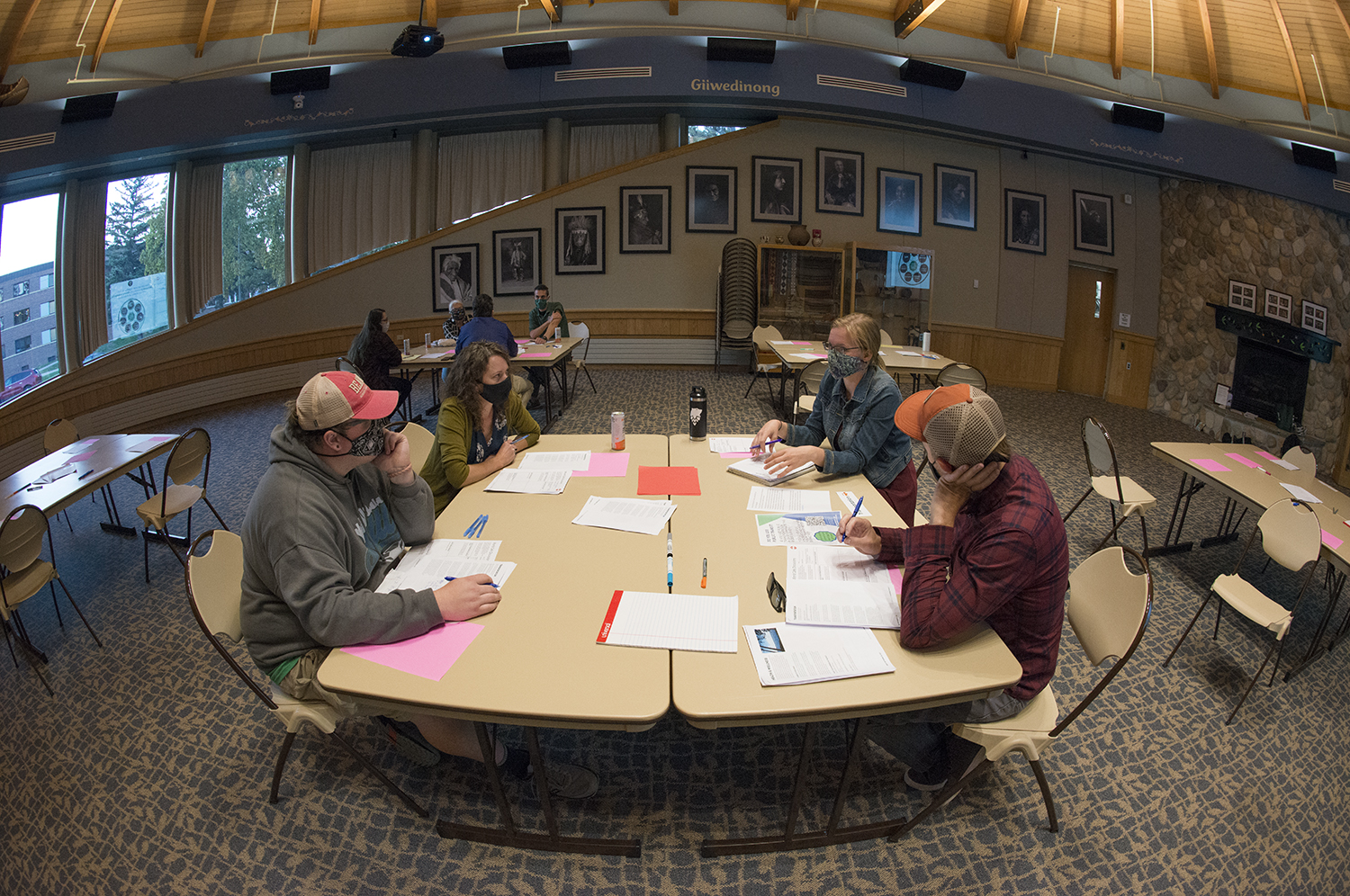
On Sept. 28, Bemidji State University’s Environmental Advisory Committee welcomed faculty, staff, alumni and community members to a “World Café Conversation on Community Resilience” to gain feedback and community input for the university’s ongoing climate resilience planning efforts.
“Bemidji State is excited to work with our communities and strengthen our relationship with the water, land and world around us,” BSU President Faith C. Hensrud said. “The university’s roots run deep in Northern Minnesota and with the help of our neighbors, I am confident that we can make the best commitment to climate resiliency and future of our shared communities.”
The meeting overviewed the university’s resiliency planning process and solicited feedback for seven resilience indicators – economic opportunity, health & wellness, materials & waste, housing, energy, water and transportation. Anna Carlson, assistant professor of environmental studies and Jordan Lutz, BSU’s sustainability project manager, gave presentations surrounding campus resiliency and how the university can move forward.
“Our hope was to hear from individuals who are working within, affected by, or interested in each of these content areas,” Lutz said.
Conversations about each indicator took place at the American Indian Resource Center and participants were given the opportunity to engage with two of the seven indicators during their time together.
About BSU’s EAC
The Environmental Advisory Committee is charged with making recommendations to Bemidji State’s administration, on pertinent environmental issues including, but not limited to, university policies and practices for procurement, waste reduction, recycling, energy use and conservation, and heightening environmental education and awareness.
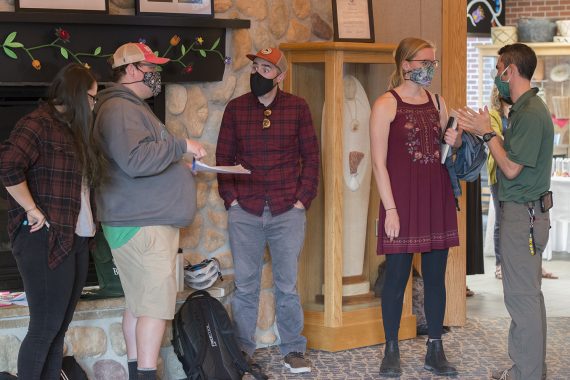
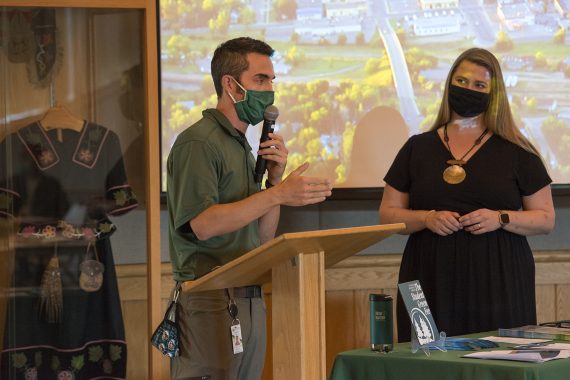
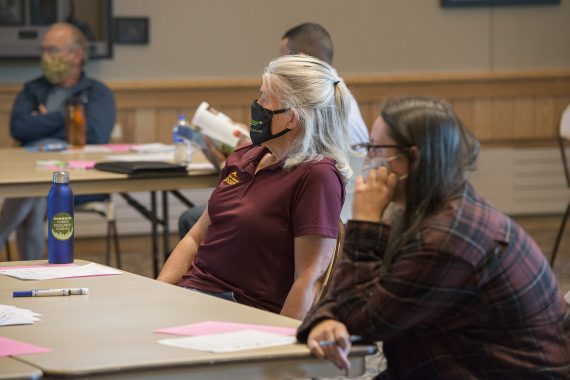
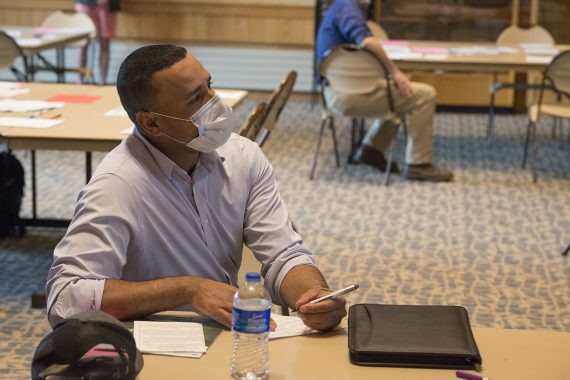
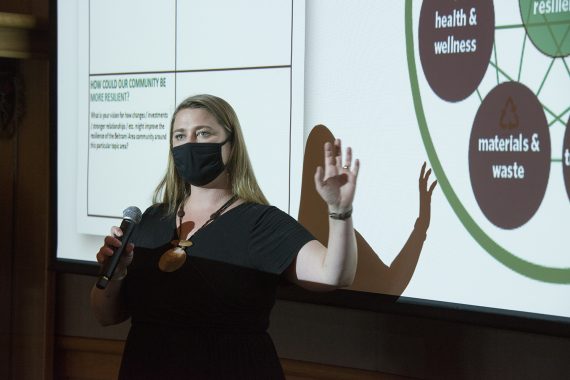
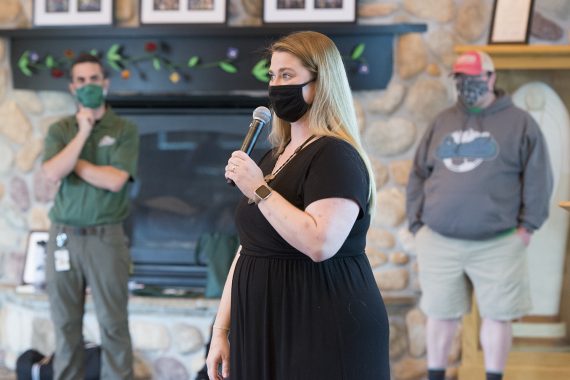
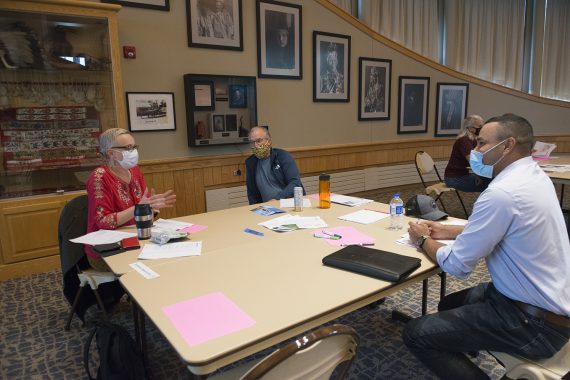
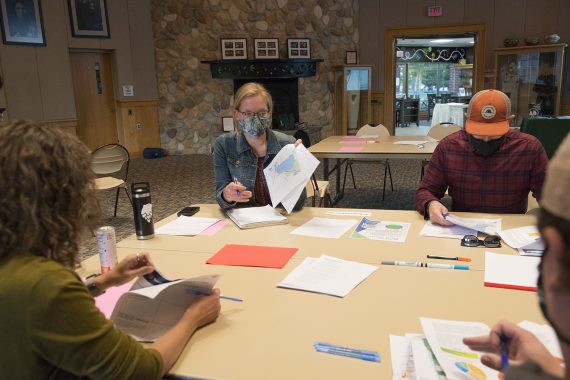
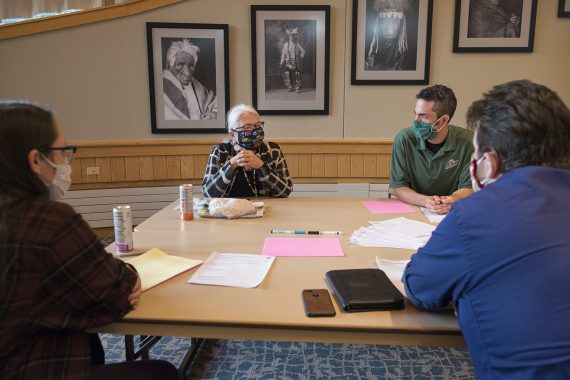
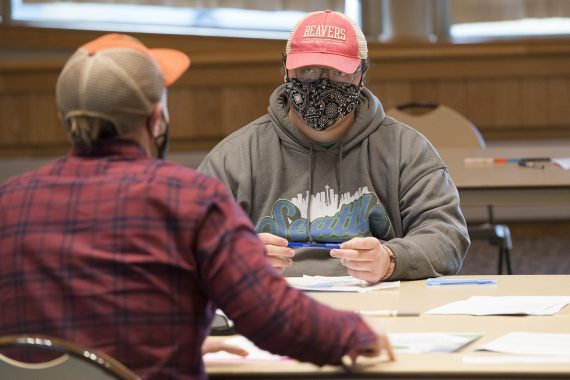
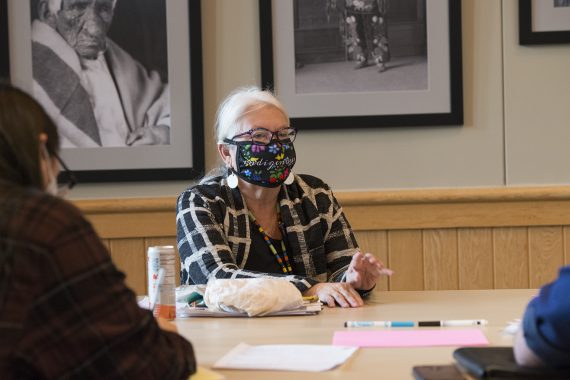
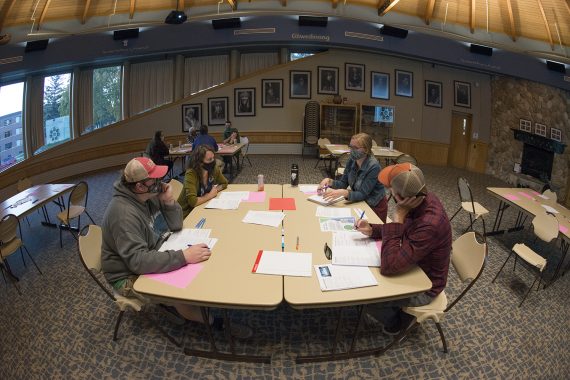
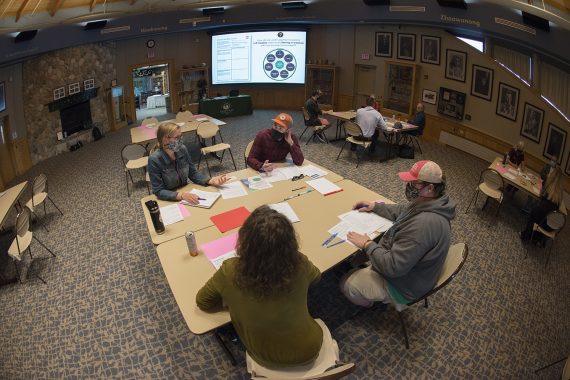
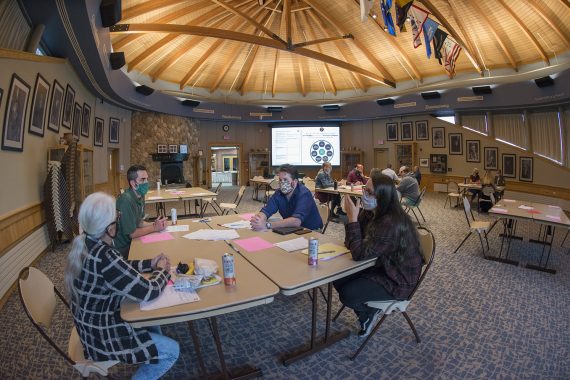
Contact
- Jordan Lutz, sustainability project manager; jordan.lutz@bemidjistate.edu.
- Dr. Anna Carlson, assistant professor of environmental studies; anna.carlson@bemidjistate.edu.
Links
- Pre-register to join the conversation
- Bemidji Resiliency Planning
- Bemidji State University Sustainability Office
2021-B-027
